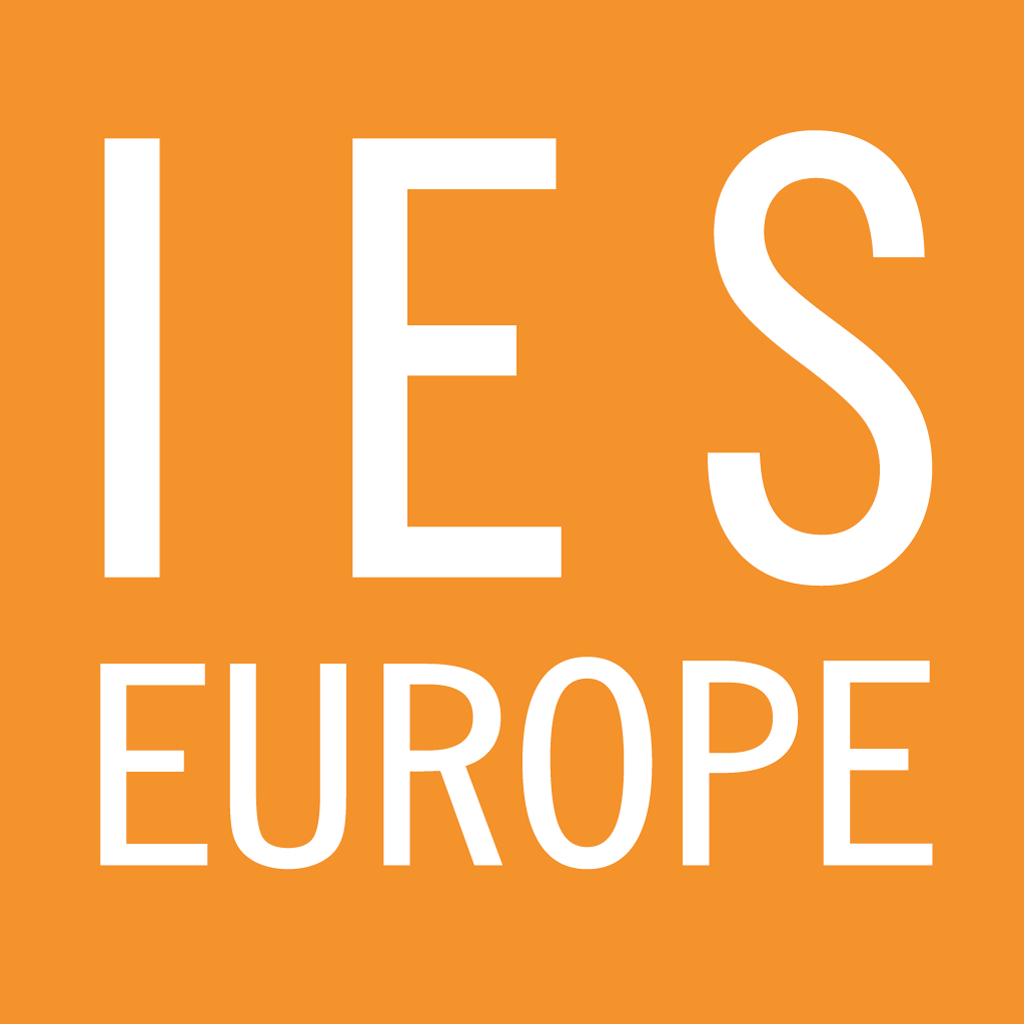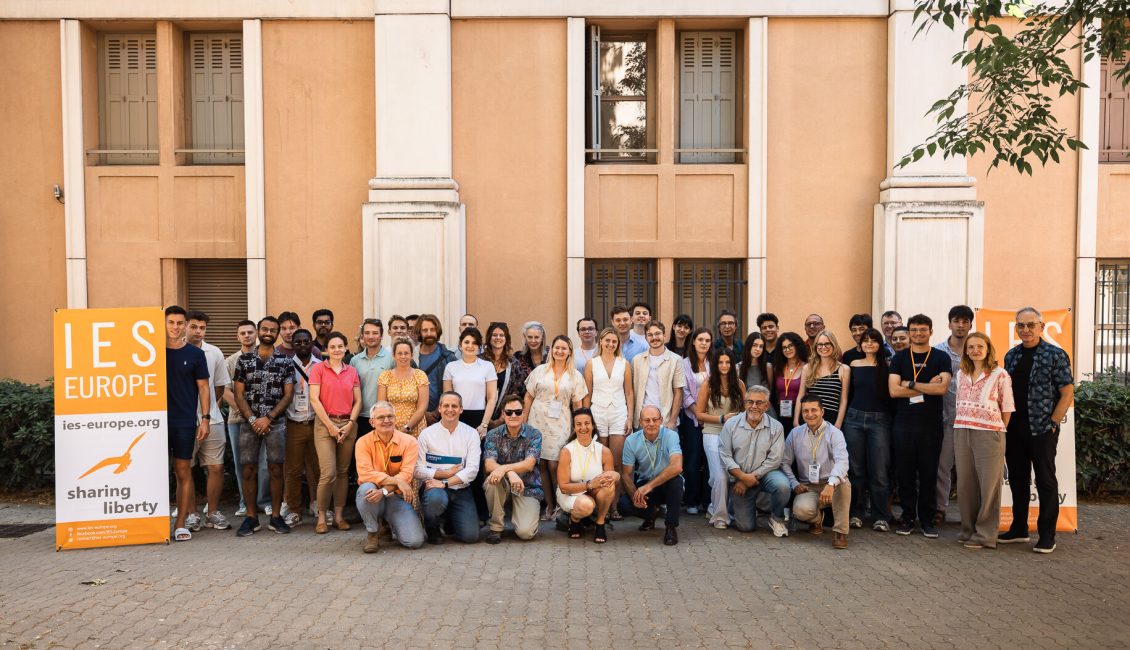
The aim of The Institute for Economic Studies Europe is to stand at the center of a worldwide network of students, scholars and other intellectuals. Since 1989, the Institute, a non profit organization registered in the state of Virginia, has aimed at discovering, developing and supporting the most outstanding people it could find among students, scholars and other intellectuals who share an interest in exploring and applying the principles of classical liberalism. For that purpose, IES uses or supports three different tools of teaching or of research. Every year we organize summer seminars somewhere in Europe, a summer university in Aix-en-Provence, France, and sponsors researchers or translations of major books.
Each of these activities aims at the spreading of classical liberalism which includes among its principles:
– the recognition of inalienable individual rights and the dignity and worth of each individual
– the protection of those rights through the institution of private property, contracts and the rule of law.
– the support of the ideal of voluntarism in human relations, including support of the free market mechanism in economic affairs and free movement of goods, ideas and people.
Applying this last principle, we at IES Europe try to make things change in a bottom-up approach : instead of attempts to convince the political sphere, it is rather in the people, at the level of the civil society, that we want to concentrate our efforts. We are driven by the faith that education and spreading of ideas can change the world, As Lord Keynes reminded us ideas matters, but their spreading takes time, and their becoming applied takes even longer. It takes time to change the minds of people. That is why we, at IES Europe, view our role in the long run.
Moreover, our efforts must not be confined to our western European democracies : we reach out to people from all over the world and especially from former socialist countries. Youngsters in those countries have a strong desire to learn new things, to learn new ways of understanding social interactions and to get rid of the archaic dirigiste modes of thought. Thus besides Canada or The Netherlands for instance, we also welcome people from Kirgizstan, Argentina or Egypt.
A free society is a society of exchange. Value comes from exchange: our “Europe & Liberty” seminars or our summer university are wonderful means for cultural exchange, a unique moment for sharing different experiences and become friends. And of course the summer university, is a marvelous vector of scientific exchange between intellectuals. All those activities enable IES Europe to maintain a strong and active network with students and professors or intellectuals, with special links with Romania, Bulgaria and Poland. After seminars, students still receive readings and can discuss documents via internet. Contacts are thus made on a regular basis. Four years ago, students even decided to create an IES alumni association, LiNK (that stands for LIberal NetworK).
Board Members
Pierre Garello
President
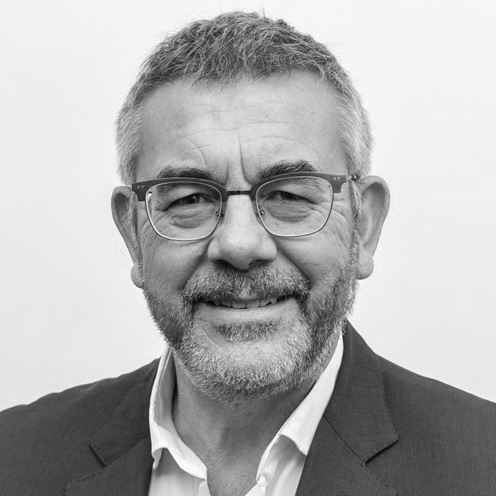
President of IES-Europe and Editor-in-Chief of both the Journal des Économistes et des Études Humaines and Journal des Libertés, Pierre Garello is Professor of Economics at the Faculté d’Economie et Gestion of Aix Marseille University in France.
Christian Năsulea
Executive Director
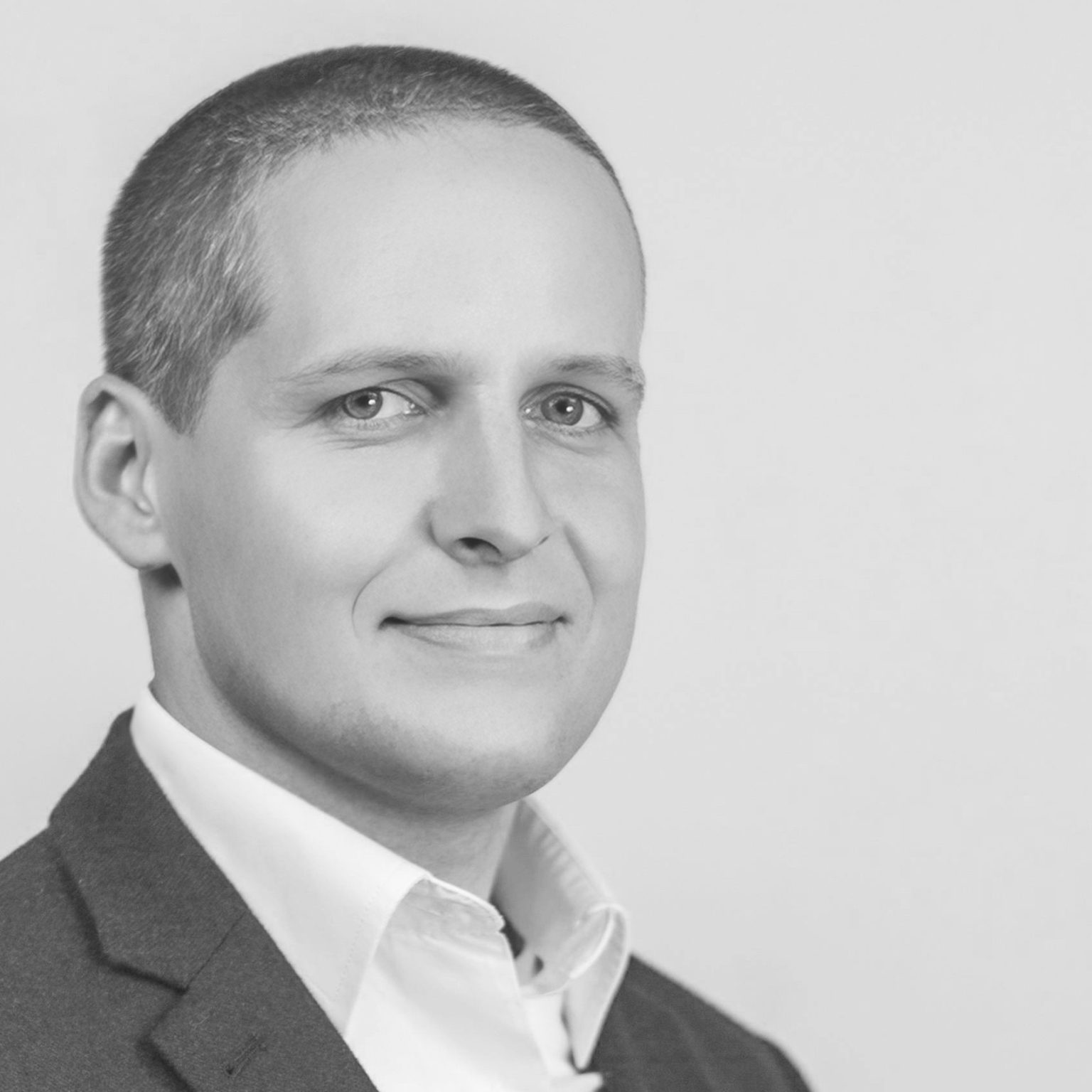
Christian Năsulea teaches economics at the Faculty of History of the University of Bucharest where he is a member of the Department of International Relations and Universal History and he’s also an associate professor with the Bucharest University of Economic Studies. His courses cover topics such as Business Administration, Global Economics, Globalisation and History of Economic Thought. He is a fellow of the Institut de Recherches Economiques et Fiscales.
Diana Năsulea
Programs Director
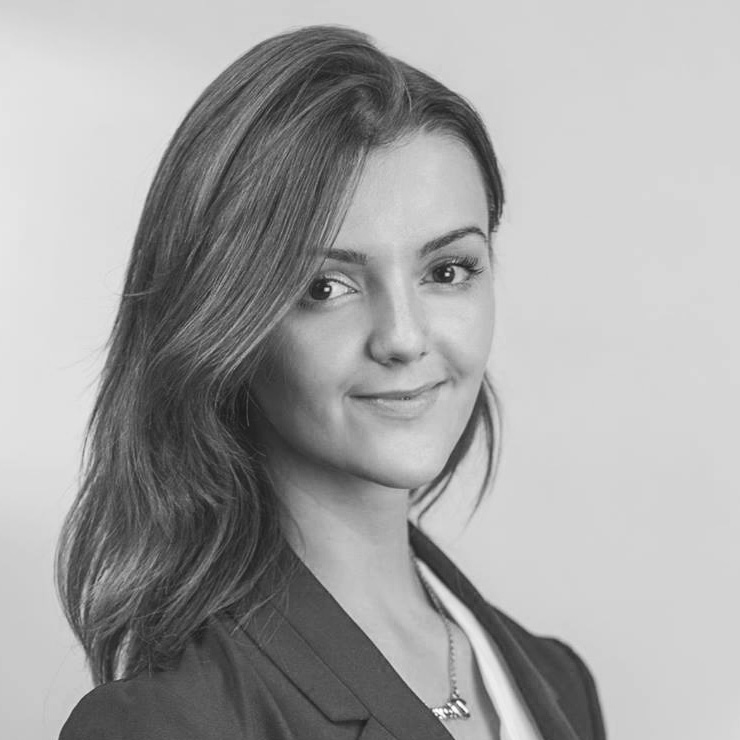
Diana Năsulea teaches Diplomacy and International Relations. She is a PhD in economics with a thesis on cultural-creative sectors as main drivers of economic growth. She is also a fellow of IREF. She holds a BA in International Relations and a MA in History.
Radu Nechita
Research Director
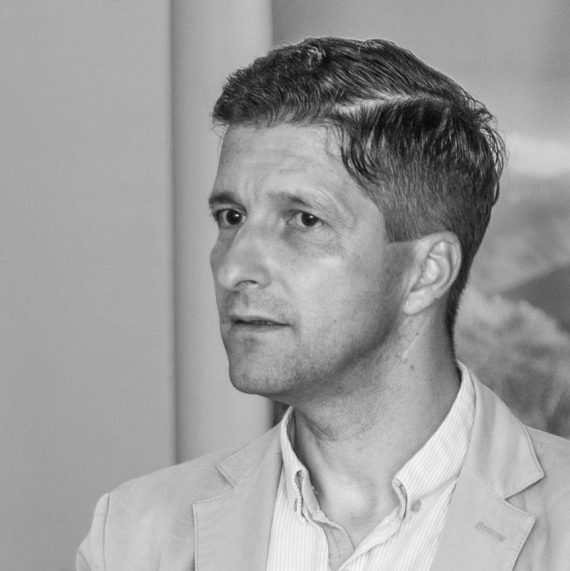
Radu Nechita teaches Microeconomics, European Economic Integration, Globalization and Development at Babeș-Bolyai University, Cluj-Napoca (Department of European Studies). He is concerned with the institutional factors of development, with a focus on regulations, monetary and fiscal policies. He promotes economic education, and since 2003, he has organized the “Friedrich von Hayek” Seminar for students in Cluj-Napoca, a weekly extracurricular series of interactive conferences.
Douglas B. Rasmussen
Senior Scholar
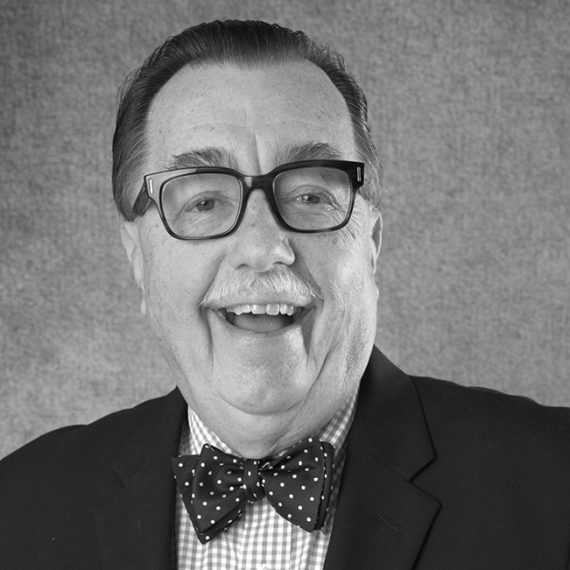
Douglas B. Rasmussen is Professor of Philosophy at St. John’s University in NYC. Among the books he has co-authored (with Douglas J. Den Uyl) are: Liberty and Nature: An Aristotelian Defense of Liberal Order (1991); Norms of Liberty: A Perfectionist Basis for Non-Perfectionist Politics (2006); and The Perfectionist Turn: From Metanorms to Metaethics (2016).
Marina Tănase
Community Manager
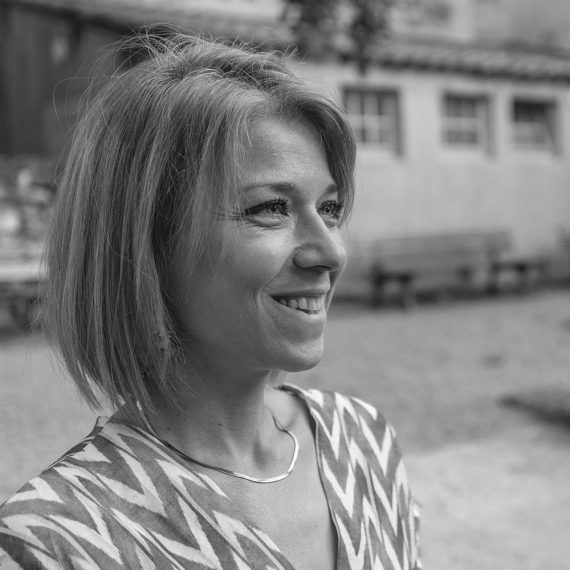
Marina Tănase has a strong background in digital education and business development. As Digital Education Coordinator at Kenes Group, he implements innovative strategies for educational initiatives. Previously, he served as Student Engagement Specialist at the University of British Columbia. He has experience across a variety of industries, having held business development and marketing roles at companies such as Blake, Cassels & Graydon, FortisBC, McCarthy Tétrault, Dominion Tours, and Decathlon.
